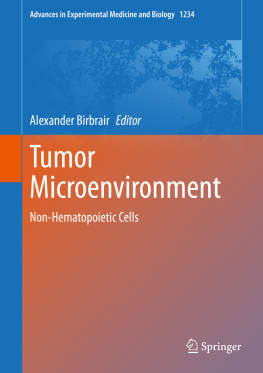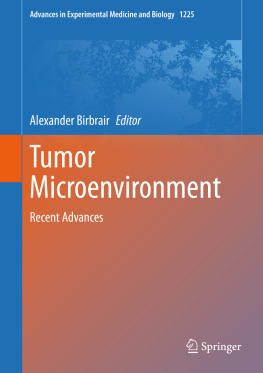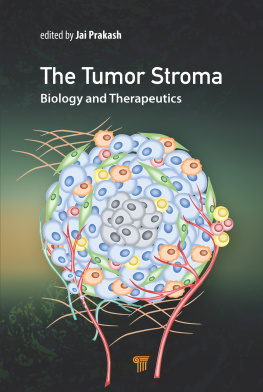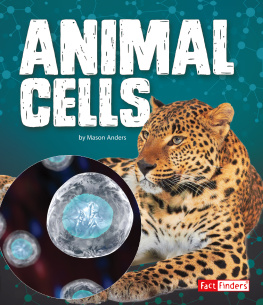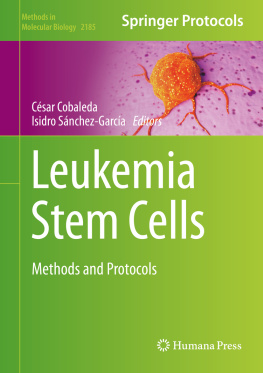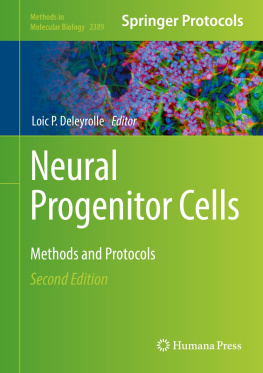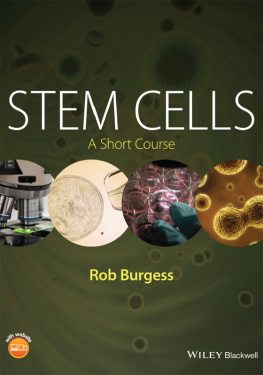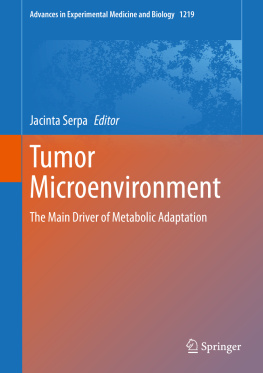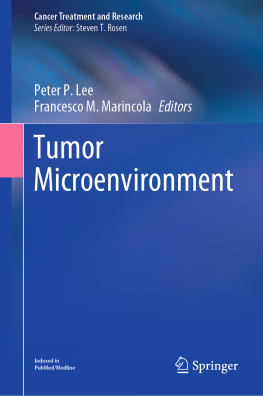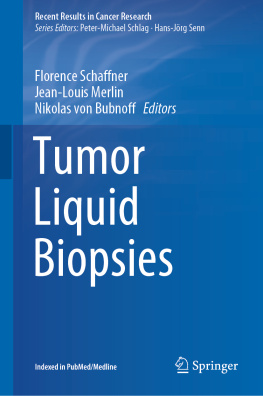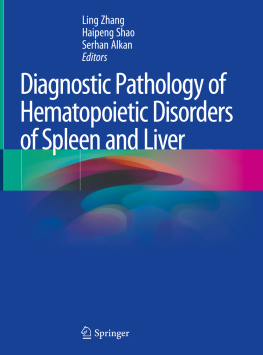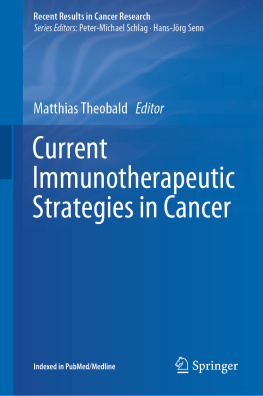Alexander Birbrair - Tumor Microenvironment: Non-Hematopoietic Cells
Here you can read online Alexander Birbrair - Tumor Microenvironment: Non-Hematopoietic Cells full text of the book (entire story) in english for free. Download pdf and epub, get meaning, cover and reviews about this ebook. year: 2020, publisher: Springer Nature, genre: Romance novel. Description of the work, (preface) as well as reviews are available. Best literature library LitArk.com created for fans of good reading and offers a wide selection of genres:
Romance novel
Science fiction
Adventure
Detective
Science
History
Home and family
Prose
Art
Politics
Computer
Non-fiction
Religion
Business
Children
Humor
Choose a favorite category and find really read worthwhile books. Enjoy immersion in the world of imagination, feel the emotions of the characters or learn something new for yourself, make an fascinating discovery.
- Book:Tumor Microenvironment: Non-Hematopoietic Cells
- Author:
- Publisher:Springer Nature
- Genre:
- Year:2020
- Rating:3 / 5
- Favourites:Add to favourites
- Your mark:
- 60
- 1
- 2
- 3
- 4
- 5
Tumor Microenvironment: Non-Hematopoietic Cells: summary, description and annotation
We offer to read an annotation, description, summary or preface (depends on what the author of the book "Tumor Microenvironment: Non-Hematopoietic Cells" wrote himself). If you haven't found the necessary information about the book — write in the comments, we will try to find it.
Tumor Microenvironment: Non-Hematopoietic Cells — read online for free the complete book (whole text) full work
Below is the text of the book, divided by pages. System saving the place of the last page read, allows you to conveniently read the book "Tumor Microenvironment: Non-Hematopoietic Cells" online for free, without having to search again every time where you left off. Put a bookmark, and you can go to the page where you finished reading at any time.
Font size:
Interval:
Bookmark:
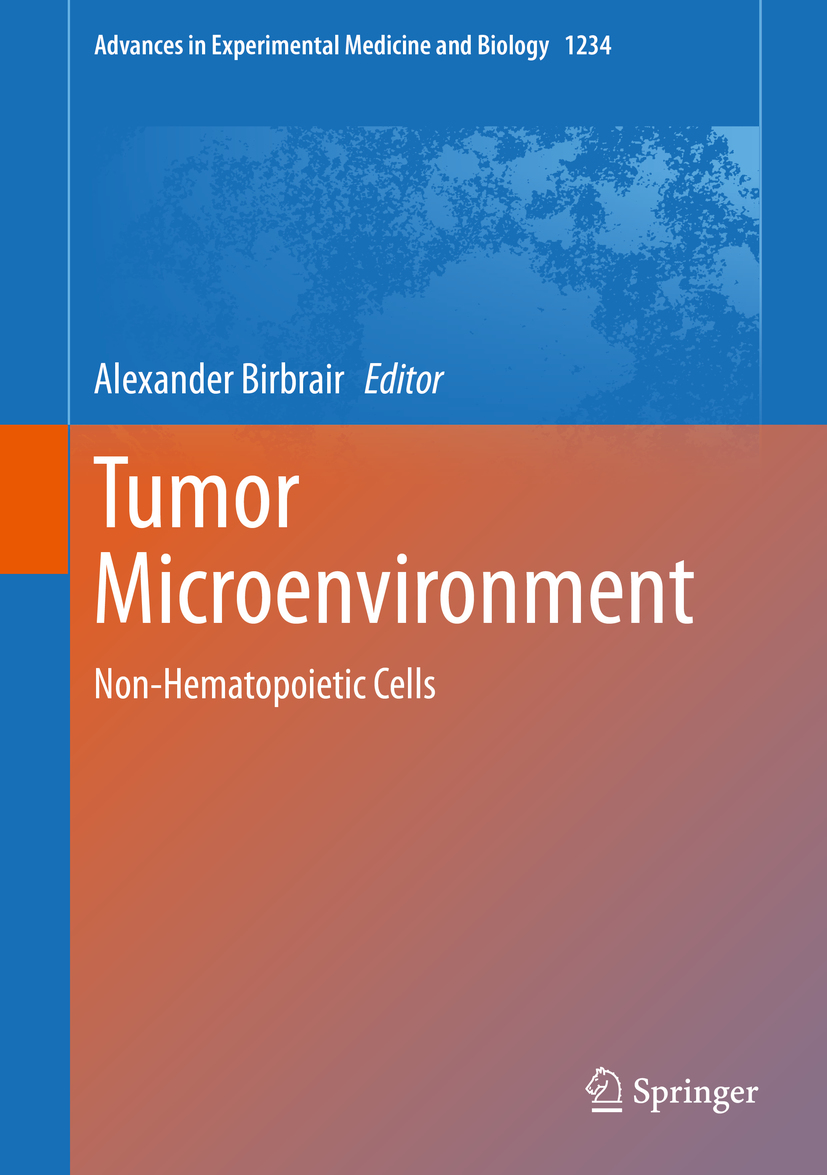
Advances in Experimental Medicine and Biologyprovides a platform for scientific contributions in the main disciplines of the biomedicine and the life sciences. This series publishes thematic volumes on contemporary research in the areas of microbiology, immunology, neurosciences, biochemistry, biomedical engineering, genetics, physiology, and cancer research. Covering emerging topics and techniques in basic and clinical science, it brings together clinicians and researchers from various fields.
Advances in Experimental Medicine and Biologyhas been publishing exceptional works in the field for over 40 years, and is indexed in SCOPUS, Medline (PubMed), Journal Citation Reports/Science Edition, Science Citation Index Expanded (SciSearch, Web of Science), EMBASE, BIOSIS, Reaxys, EMBiology, the Chemical Abstracts Service (CAS), and Pathway Studio.
2018 Impact Factor: 2.126.
More information about this series at http://www.springer.com/series/5584

This Springer imprint is published by the registered company Springer Nature Switzerland AG
The registered company address is: Gewerbestrasse 11, 6330 Cham, Switzerland
This books initial title was Tumor Microenvironment. However, due to the current great interest in this topic, we were able to assemble more chapters than would fit in one book, covering tumor microenvironment biology from different perspectives. Therefore, the book was subdivided into several volumes.
This book,Tumor Microenvironment: Non-hematopoietic Cells, presents contributions by expert researchers and clinicians in the multidisciplinary areas of medical and biological research. The chapters provide timely detailed overviews of recent advances in the field. This book describes the major contributions of different non-hematopoietic components in the tumor microenvironment during cancer development. Further insights into these mechanisms will have important implications for our understanding of cancer initiation, development, and progression. The authors focus on the modern methodologies and the leading-edge concepts in the field of cancer biology. In recent years, remarkable progress has been made in the identification and characterization of different components of the tumor microenvironment in several tissues using state-of-the-art techniques. These advantages facilitated identification of key targets and definition of the molecular basis of cancer progression within different organs. Thus, the present book is an attempt to describe the most recent developments in the area of tumor biology which is one of the emergent hot topics in the field of molecular and cellular biology today. Here, we present a selected collection of detailed chapters on what we know so far about the non-hematopoietic components in the tumor microenvironment in various tissues. Eight chapters written by experts in the field summarize the present knowledge about distinct non-hematopoietic components during tumor development.
Nikitha K. Pallegar and Sherri L. Christian from Memorial University of Newfoundland discuss the role of adipocytes in the tumor microenvironment. Fabio Corsi and colleagues from the Universit degli studi di Milano describe fibroblasts in the tumor microenvironment. Lan Coffman and colleagues from the University of Pittsburgh School of Medicine compile our understanding of mesenchymal stem cells in the tumor microenvironment. Hidenori Shiraha and colleagues from Okayama University Faculty of Medicine update us with what we know about hepatic stellate cells in liver tumor. Divya Thomas and Prakash Radhakrishnan from the University of Nebraska Medical Center focus on the pancreatic stellate cells, as key orchestrators of the pancreatic tumor microenvironment. Jolanta Niewiarowska and colleagues from Medical University of Lodz summarize current knowledge on endothelial cells in the tumor microenvironment. Sophia Ran and Lisa Volk-Draper from Southern Illinois University School of Medicine address the importance of lymphatic endothelial cell progenitors in the tumor microenvironment. Finally, Takuichiro Hide and Yoshihiro Komohara from Kitasato University School of Medicine give an overview of oligodendrocyte progenitors in the tumor microenvironment.
It is hoped that the articles published in this book will become a source of reference and inspiration for future research ideas. I would like to express my deep gratitude to Veranika Ushakova, my wife, and Mr. Murugesan Tamilsevan, from Springer, who helped at every step of the execution of this project.
Font size:
Interval:
Bookmark:
Similar books «Tumor Microenvironment: Non-Hematopoietic Cells»
Look at similar books to Tumor Microenvironment: Non-Hematopoietic Cells. We have selected literature similar in name and meaning in the hope of providing readers with more options to find new, interesting, not yet read works.
Discussion, reviews of the book Tumor Microenvironment: Non-Hematopoietic Cells and just readers' own opinions. Leave your comments, write what you think about the work, its meaning or the main characters. Specify what exactly you liked and what you didn't like, and why you think so.

